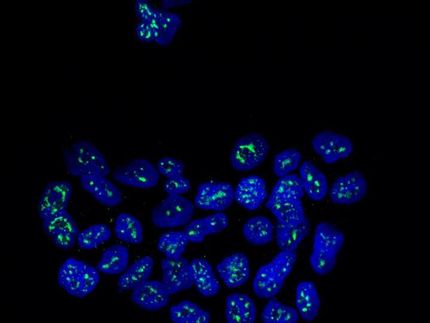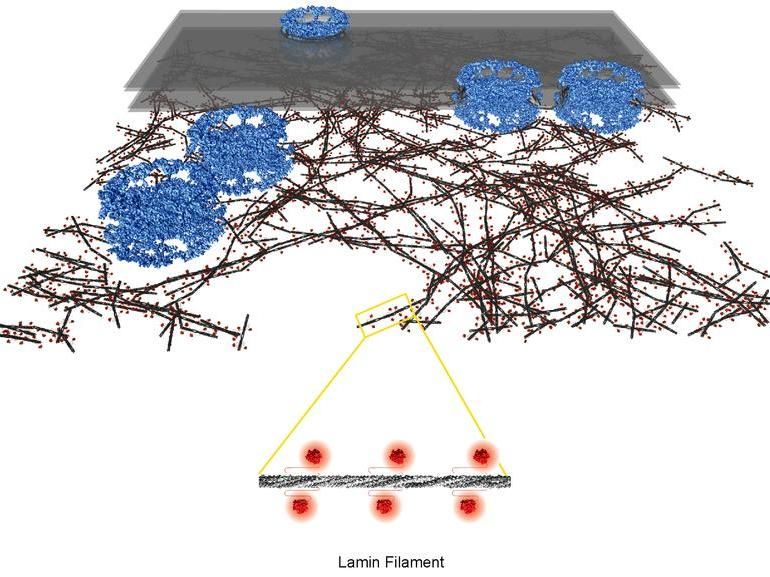deCODE Study Links Gene Variant to Risk of Breast Cancer
Advertisement
A population-based study by a team of deCODE scientists and colleagues at Iceland's National University Hospital provides a detailed look at the impact of a gene variant on risk of breast cancer. The variant is within a gene called BARD1 (BRCA1-associated RING domain 1) and in the study of a total of some 2000 patients and controls it was found in 5.4% of breast cancer patients and 3.1% of controls, corresponding to an 80% increase in risk for carriers of the variant in the general population.
Studies in Italy and Finland of specific families with a high incidence of breast cancer have suggested that variants in the BARD1 gene might play a role in the disease. Utilizing population-based genealogical and phenotypic data, the deCODE team was able to demonstrate that the variant confers increased risk for breast cancer in the population at large. Perhaps the most striking result is that carrying the variant increases the already high risk of breast cancer in women who also carry the Icelandic founder risk mutation in the BRCA2 gene. As the increase in risk is multiplicative, the authors note that the likelihood of developing breast cancer for women who carry at-risk variants of both genes may approach certainty. Carriers of the BARD1 variant, with or without the BRCA2 mutation, also had an increased risk of subsequent primary breast tumors after the first breast cancer diagnosis.
Testing for the variant may therefore be of clinical utility for identifying those women who are at an increased risk of breast cancer but who do not have a clear family history of the disease; those who are carriers of BRCA2 risk mutations and may be at a dramatically higher risk if they also carry the BARD1 variant; and for evaluating the likelihood that women who have already been diagnosed with breast cancer will develop a second breast cancer. deCODE, under its diagnostic partnership with Illumina, aims to use analyses of these findings in other populations as the basis for developing such a diagnostic test.
The study, "The BARD1 Cys557Ser variant and breast cancer risk in Iceland," is published in the online edition of PLoS Medicine.
























































